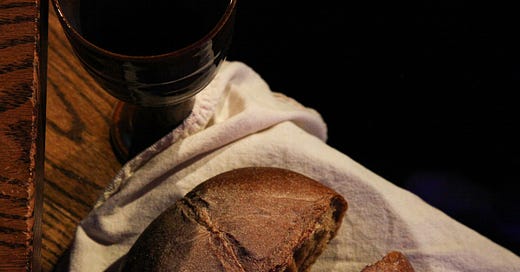Have you ever experienced the quiet, almost disarming power of being loved in a way you didn’t see coming? Not because you earned it, or asked for it—but because someone saw your need and moved toward you anyway.
These moments don’t usually announce themselves. They show up through small acts of humility—a kindness offered without spotlight or self-refer…
Keep reading with a 7-day free trial
Subscribe to Scott Sauls Weekly to keep reading this post and get 7 days of free access to the full post archives.




